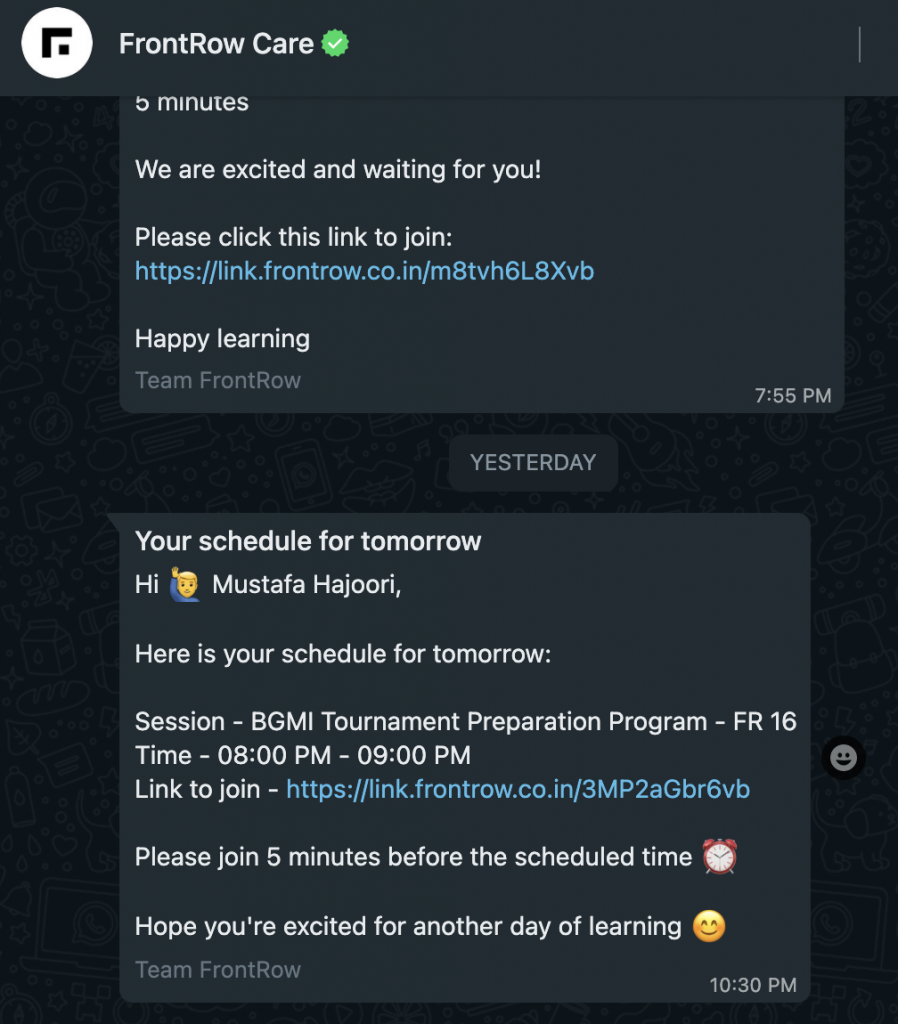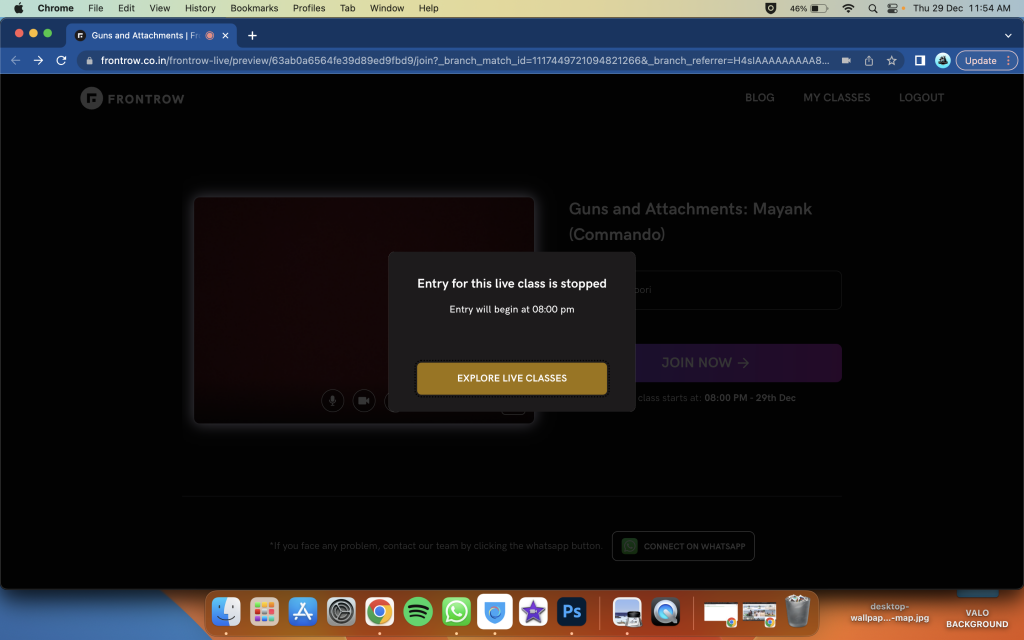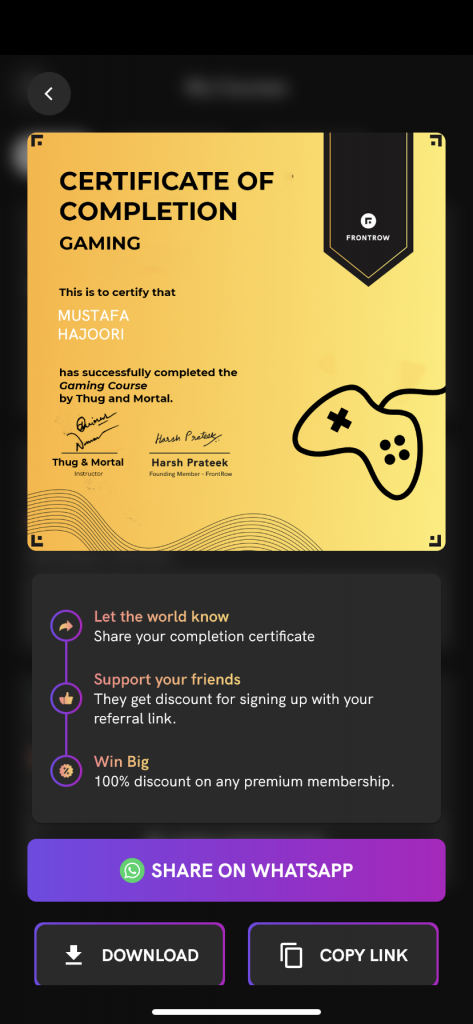2018 saw the release of several popular games. Such as PUBG, Fortnite, Free Fire, and Apex Legends. We observed a surge in the gaming business in India as a result of these games. I started playing PUBG Mobile. IIt was a very addicting game. I played with random players for a year. Then I began to watch competitions held by the official game creators (PUBG Mobile Club Open, PUBG Mobile India Series, PUBG Mobile Global Championship, etc). I became increasingly interested in esports. Later, I formed my own squad and began playing. There are other tiers of competition, T3, T2, and T1. T3 was for novices, T2 was for intermediates, and T1 was for established teams that have won competitions, the most difficult level.
When I first started playing T3, I used to play on an iPad, which was not permitted because the iPad provides a broader view than mobile phones. But I kept playing, and a few months later, my iPad broke, forcing me to leave the competitive scenario because I didn’t have a device that could operate the game efficiently. Later, because my dad’s phone had a quicker Chipset, I downloaded the game on his phone, but his phone also used to lag. 2 years later, in 2020 I still remember that day when my mom said to me “I know you want to go into the esports field, so here’s something for you”, she gifted me an iPhone, I was in tears that night. Finally, I told my team members I am back and will start with competitive again, we started playing, there was an in game training ground in the game, I used to train for hours to improve my aim, movement and game sense. We advanced to T2, then also played in T1.
But then there was a bomb droped in the news, the game was getting banned, due to Chinese connections. But still we did not loose hope, because India was one of the largest markets for Krafton (the game developer) and we knew that they would not leave easily. Hence, we started playing in the Korean version for a few months. Then we heard the news, the game is coming back but just with a different name and server location. Now known as BGMI (Battlegrounds Mobile India). We all shifted to the indian version again, and as we had few achievements in PUBG Mobile Global, and PUBG Mobile KR too, we got entries in the T1 competitions.
One day, I got a call from an organization called FrontRow. They were starting an online course in which they taught strategies, training drills, team coordination, map rotation strategies, information on how to set the perfect sensitivity, etc. I enrolled in the course. The classes used to happen 3 days a week, Tuesday, Thursday, and Saturday. First they started with improving our aim, the instructor gave us training drills that we had to do every day. These classes happened till a month. In the second stage, we learned about map rotation strategies and how to improve team coordination, they taught us how to tackle teams who land in split positions, how to make a strong split position, information about how important smallest of the team callouts are. In the third stage they gave us information about how to set the perfect sensitivity.


In this experience the LO’s that were covered are, LO 1 – identify your own strengths and develop areas for personal growth, LO 4 – Show commitment to and perseverance in CAS experiences, LO 5 – Demonstrate the skills and recognize the benefits of working collaboratively.
LO 1 – identify your own strengths and develop areas for personal growth
I had been playing the game for four years, resulting in me being an experienced and a professional player. I was the finest in my class, but I still wanted to improve, so I noted my strong areas and my weak parts, and later in class I would ask my instructor how I might improve on those weak aspects. Hence, catering to LO 1.
LO 4 – Show commitment to and perseverance in CAS experiences
Giving dedicated time to the classes and the training drills was the most difficult part, as I also had to manage my academics with the classes and the training time, so to overcome this difficulty I made a schedule which helped me in organizing my time and work.
Secondly, the classes used to get too boring sometimes, as either we used to do only the training drills, or else when we played a match there were no good players in the opposition, so I felt like leaving the classes, but I kept my goal in my head that I want to learn more about the game, and continued attending the sessions.
LO 5 – Demonstrate the skills and recognize the benefits of working collaboratively.
In stage two, team coordination was the main topic, we learned about small callouts, for example “The enemy ran to the other house” or “there is a whole team in one house”, etc. We learned how important were these callouts in order to win a game and score good points. So after each match, if it went bad, or there was some silly mistake because of whhich we lost the match, our team would come together in the game and talk about what went wrong, and share each members point of view to understand the situation and work upon it the next match, therefore improving every match. Hence this experience caters to LO 5.
